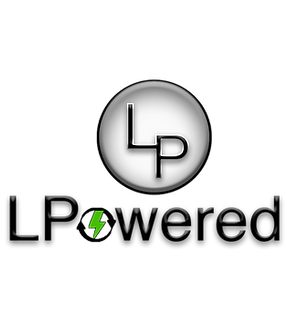
About Us
LPowered Ltd is a nationwide accredited solar panel installation company based in Nottinghamshire. With over 400 successful Solar PV system installations across England, Wales, Scotland, and Northern Ireland, our experienced installers are committed to delivering the highest quality service. We specialise in both commercial and residential projects, ensuring that every installation meets the highest standards.
Our dedicated team operates across the UK, providing you with skilled, qualified installation experts and a friendly, UK-based customer service team. We uphold the highest standards of workmanship at every stage, from your initial enquiry through to the completion of your project. At LPowered Ltd, we’re committed to making sure you know you've made the right choice from the start, delivering exceptional results every time.



